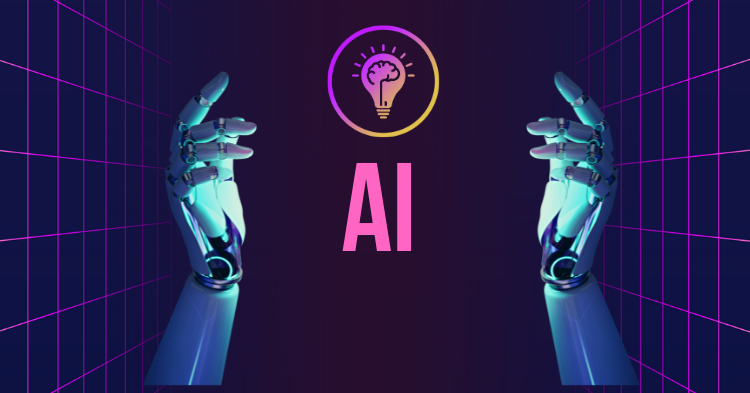Harnessing AI for a Transformative Marketing Strategy
Of all functions within a company, marketing stands to gain the most from artificial intelligence (AI). From understanding customer needs to persuading them to purchase, AI can elevate these core marketing activities. A McKinsey analysis in 2018 reinforced this, indicating that AI would offer the most value in the marketing domain.
State of AI in Marketing Today:
- Narrow Tasks: Many businesses deploy AI for specific tasks like digital ad placement.
- Broad Tasks: AI augments broad activities such as improving prediction accuracies, like sales forecasts.
- Structured Tasks: AI assists in tasks like customer service, enhancing efficiency and accuracy.
Well-Established AI Applications in Marketing:
- Chatbots for customer support, lead development, and cross-selling.
- Inbound call analysis and routing.
Companies utilize AI throughout the customer journey. For instance, online retailer Wayfair employs AI to target ads and guide customer searches. Post-purchase, AI can assist in upselling and cross-selling, reducing cart abandonment rates.
The Framework for Marketing AI:
- Intelligence Level:
- Task Automation: Performs repetitive tasks that require low levels of intelligence.
- Machine Learning: Algorithms trained on large datasets to make complex predictions.
- Type of Application:
- Stand-alone: Separate AI programs.
- Integrated: Embedded within existing systems.
Types of Marketing AI:
- Less Advanced, Isolated AI: E.g., Facebook Messenger bots.
- Less Advanced, Integrated AI: E.g., CRM-linked marketing automation systems.
- More Advanced, Isolated AI: E.g., Behr’s color-discovery app.
- More Advanced, Integrated AI: E.g., predictive sales-lead scoring in CRM.
A Stepped Approach to AI Implementation:
Start with simple rule-based applications. As companies gather data and hone their AI skills, they can transition from task automation to machine learning. For optimal benefits, integrate AI into existing marketing systems.
Challenges and Risks:
- Integration Issues: Incorporating AI into third-party platforms can be complex.
- Customer Concerns: Privacy, security, and data ownership are paramount.
Despite its transformative potential, AI’s current capabilities are limited to specific tasks. However, its benefits to marketers are substantial and growing. As AI continues to evolve, marketing will undoubtedly undergo a significant transformation. It’s imperative for marketers to strategize now to harness both the current and future potential of AI.











